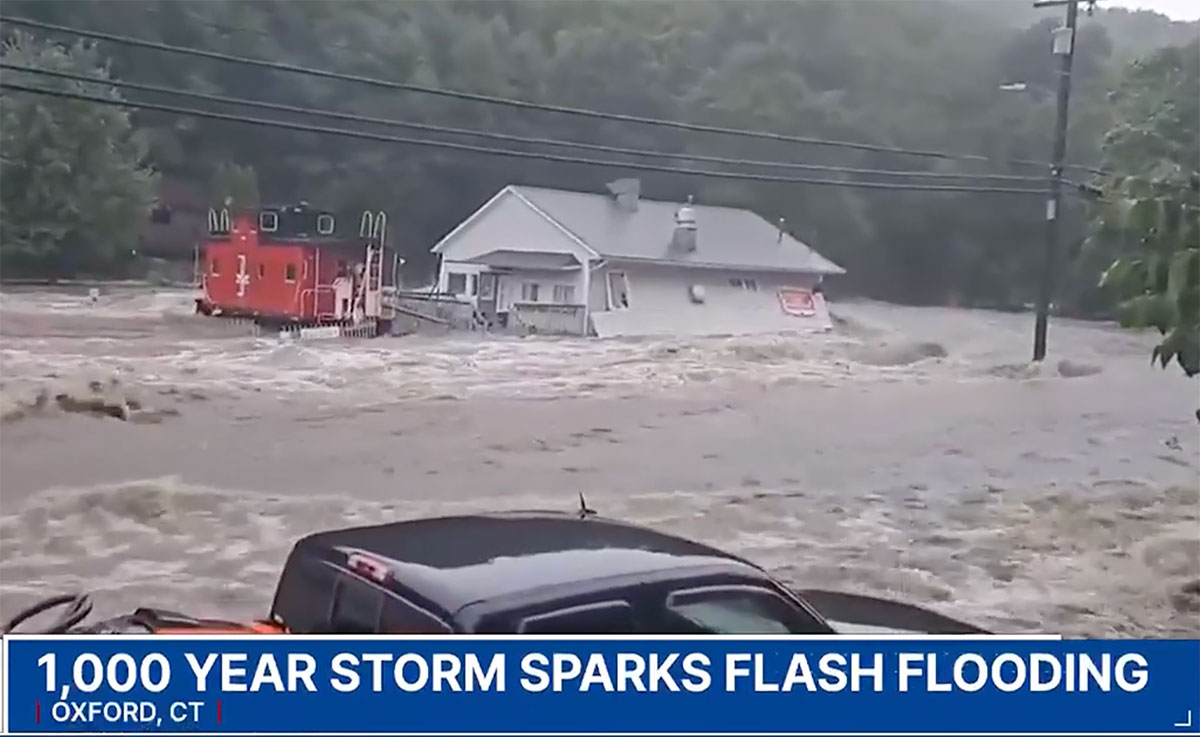
The CT/NY/NJ area has faced an onslaught of challenges related to drinking water quality, from natural disasters to man-made contamination. Simply, the safety of our water supply has become a daily concern.
Three recent events and discoveries underscore the need for continued diligence in analyzing and protecting the quality of drinking water: there was a historic August flooding that led to significant drinking water contamination; results of a Rutgers University study in July showed arsenic in water treatment systems; and in April PFAS was detected in a New York town’s well water supply.
Contamination from a Natural Catastrophe
The recent massive flooding event in the Northeast in August overwhelmed water systems, and led to contamination of water sources with bacteria, metals, and a variety of pollutants, while compromising water treatment facilities ability to deliver safe drinking water.
Arsenic Exposure and Water Treatment Systems
Rutgers University in July released a report that shed light on the potential for arsenic exposure from water treatment systems designed to remove arsenic from private wells. The study found that these systems may inadvertently release arsenic back into the drinking water supply, creating a new health hazard. In the map below, the red-tinted section represents the area that had the highest incidence of arsenic in private wells.

PFAS in a Town Well Water Supply
In April, in Pound Ridge, NY, an investigation by the Westchester County of Public Health revealed higher than allowable levels of PFAS in private town wells. The discovery prompted the need for urgent action to clean up the contamination, and the county advised area residents to have their water tested.
Why Test Your Water?
- Identify Potential Contaminants: Certified and regular water testing provides certainty on what, if any, contaminants are appearing in your water supply.
- Protect Your Health: Exposure to contaminated water can have serious health consequences, including gastrointestinal illnesses, neurological disorders, and cancers
- Ensure Compliance with Regulations: Regular testing ensures compliance with local, state, and federal water quality regulations – which is critically important for schools and child care centers and entities that serve the public.
- Make Informed Decisions: Water testing will provide you with the information you need to make informed decisions about water treatment and purification systems.
Don’t Take Risks
Whether you rely on a private well, municipal water, or a utility-delivered water supply, it is essential to prioritize the safety of your drinking water. Simply, don’t take risks with your health and that of your family and community.

